Restoration works at the mosque in the Larnaca district village of Alaminos have been completed, the bicommunal Technical committee on cultural heritage’s co-chairman Sotos Ktoris and Ali Tuncay announced on Tuesday.
The works had included maintenance and repairs to the plaster work both inside and outside the building, filling and repairing cracks in the arches and walls, and repairing the wooden doors and window frames.
The work was funded by the European Union, with technical support from the United Nations Development Programme.
Alaminos was prior to 1974 a mixed village and remained so despite the intercommunal violence seen in Cyprus in the 1960s.
However, the village was attacked by the National Guard on July 20, 1974 in response to Turkey’s invasion of the north of the island. Turkish Cypriots who were defending the village eventually surrendered. Around 15 of those who had surrendered were then taken to the centre of the village and shot dead.
The majority of the village’s surviving Turkish Cypriot population moved to the village of Kythrea later in the year.
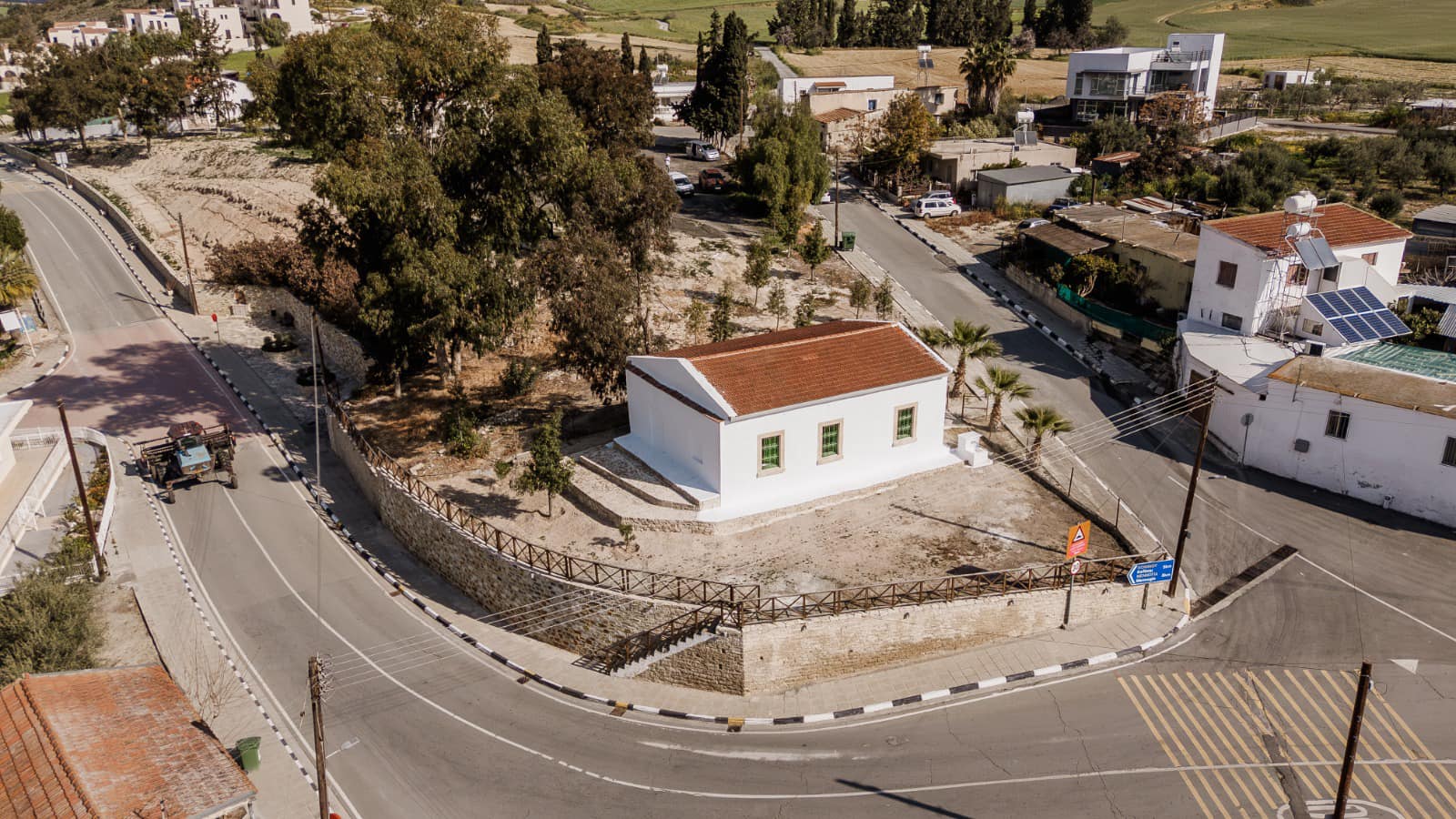
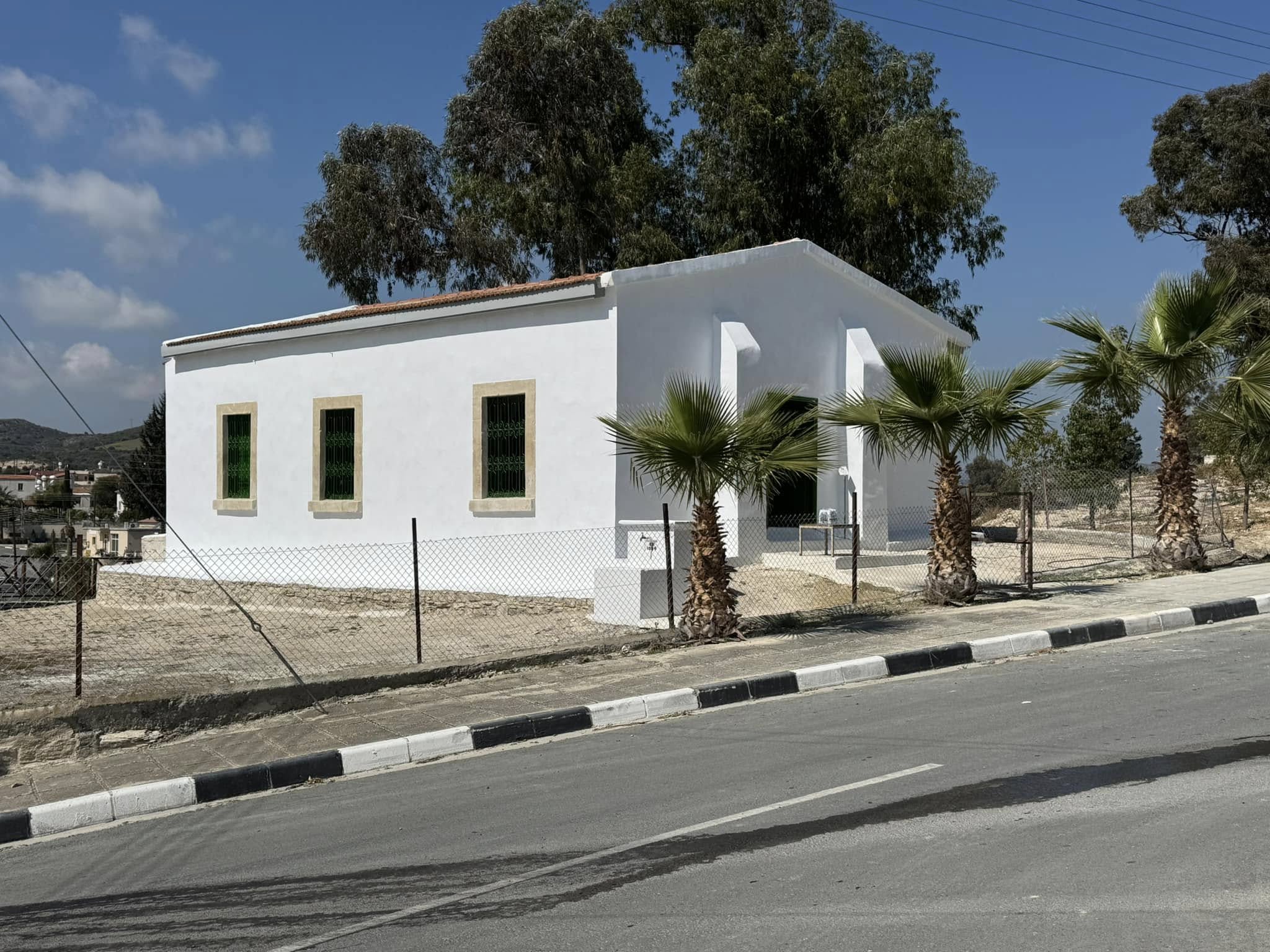
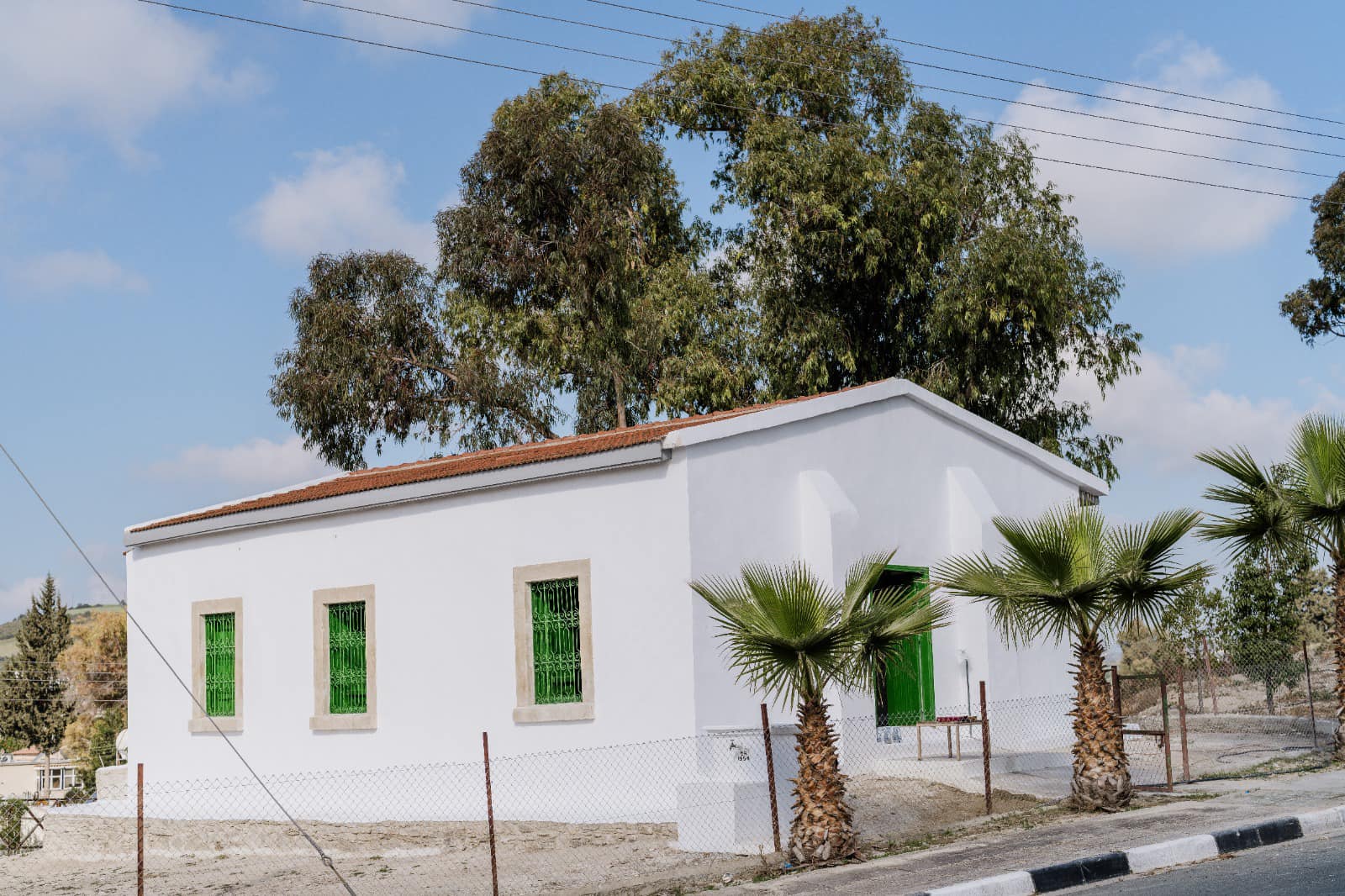
The completion of works at the mosque in Alaminos comes shortly after the commencement of works at the mosque in the nearby village of Tochni, another village which has significant meaning for Turkish Cypriots.
Of Tochni, Ktoris had said the mosque’s restoration is “a project with deep symbolism”.
“With respect to the past and to the people, Turkish Cypriots and Greek Cypriots, who experienced the pain of losing their own people, we seek a Cyprus of reconciliation and peace,” he said.
Tochni was the scene of one of the starkest scenes of brutality during Cyprus’ intercommunal struggle, with 84 Turkish Cypriot men and boys from the village being rounded up and shot dead with automatic rifles on August 14, 1974, amid the second wave of Turkey’s invasion of the north of the island.
The men and boys, alongside inhabitants of the nearby villages of Mari and Zygi, were taken to Palodia, where they were lined up and shot, before being buried in a makeshift mass grave.
Akel has previously described the massacre as a “cold-blooded execution”.
Former foreign minister Erato Kozakou-Markoullis publicly apologised to the Turkish Cypriot community for the massacre in 2016, following the funeral of 33 Turkish Cypriot Tochni residents whose remains had been identified by the Committee on Missing Persons.
“I feel the need to express a sincere public apology to our Turkish Cypriot compatriots for the horrific crimes committed on August 14, 1974 by Eoka B extremists against 126 women and children in the villages of Aloa, Maratha and Sandalaris, and 85 civilian men, including a boy of 12 years. from the village of Tochni,” Markoullis said.
Markoullis faced backlash for her apology but defended her statement to the Cyprus Mail shortly afterwards.
“I have always felt this way. Today I have the ability, now that I am fully independent, to express my opinion,” she told the Cyprus Mail.
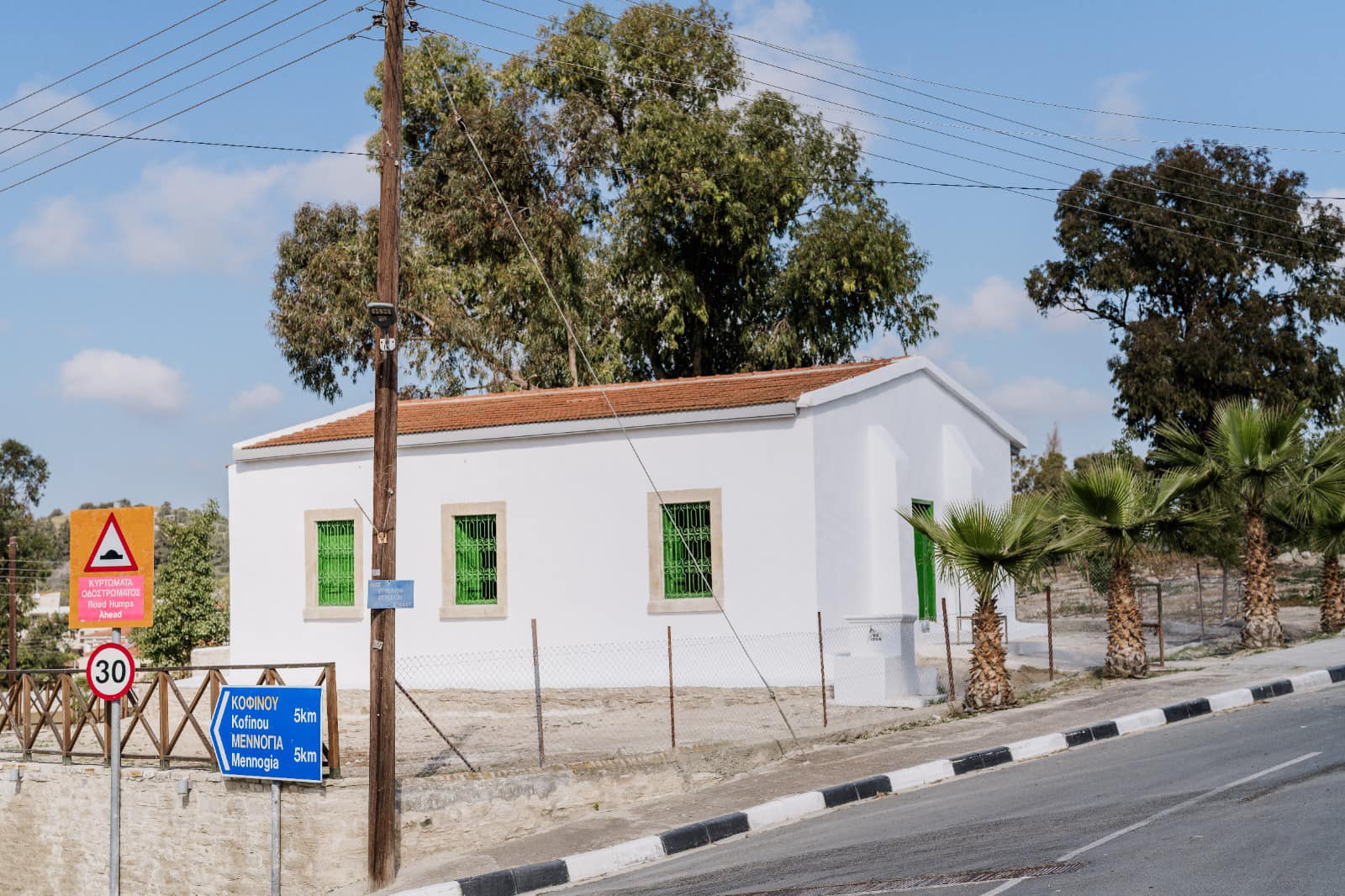
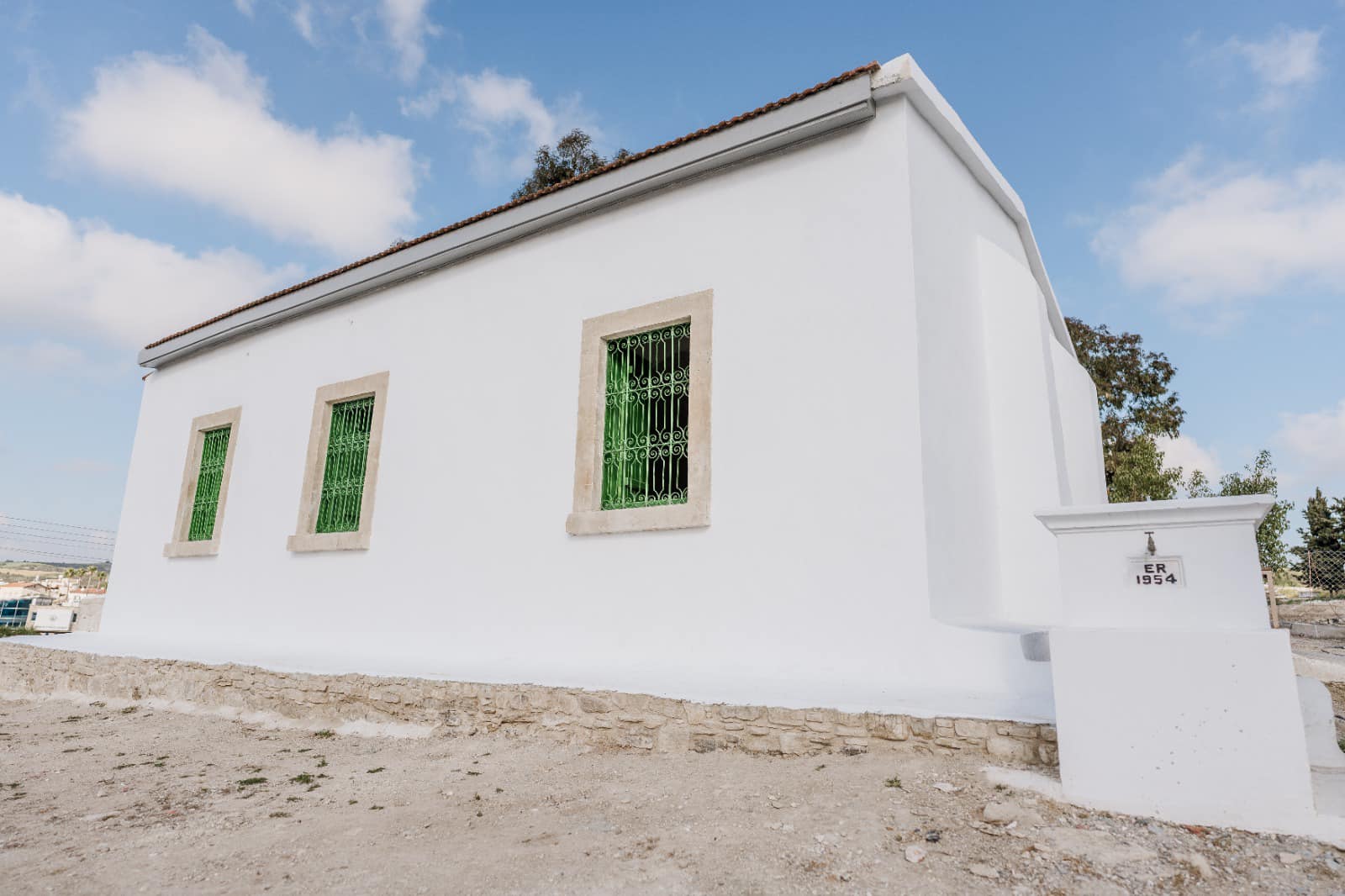
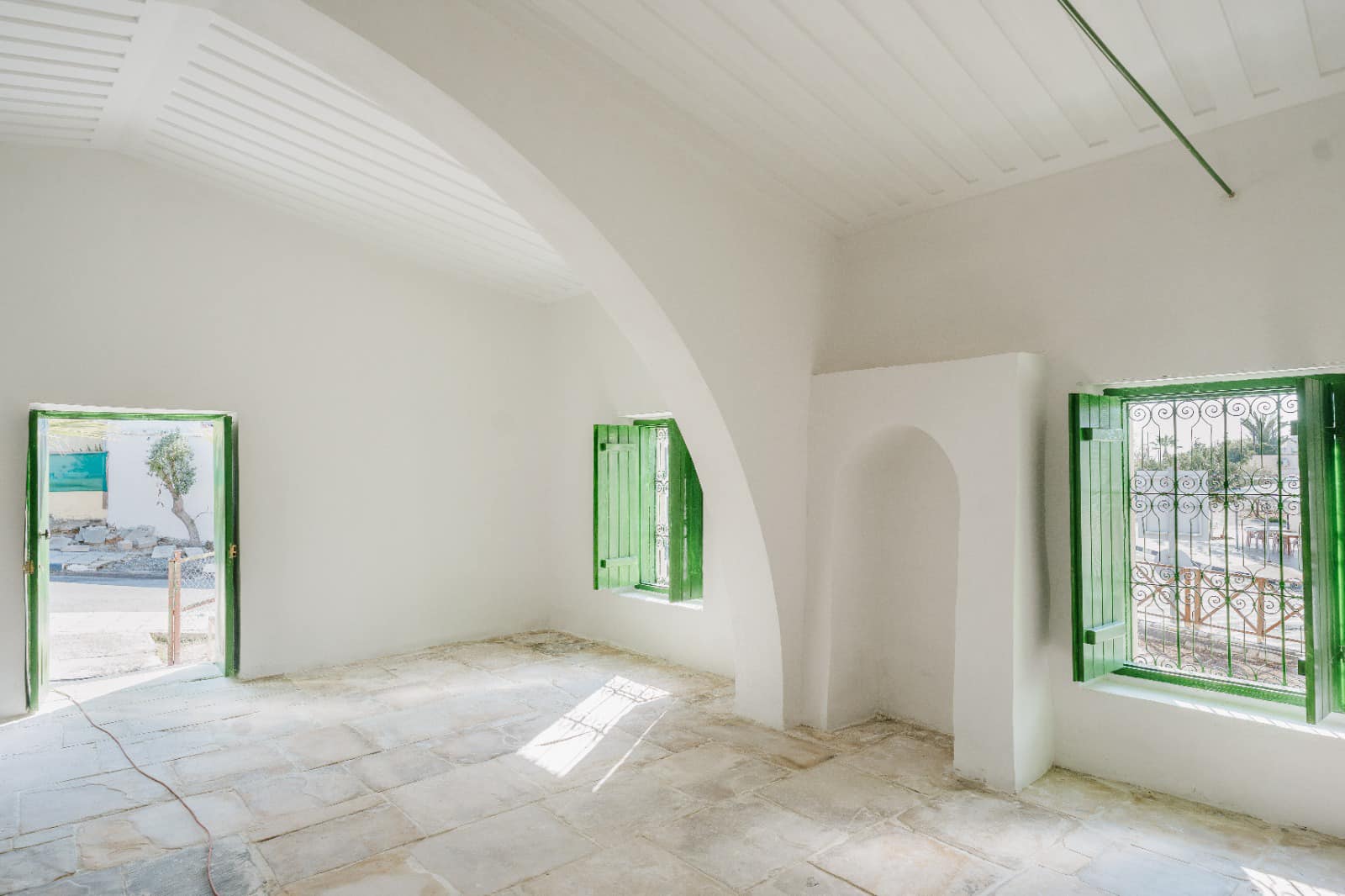
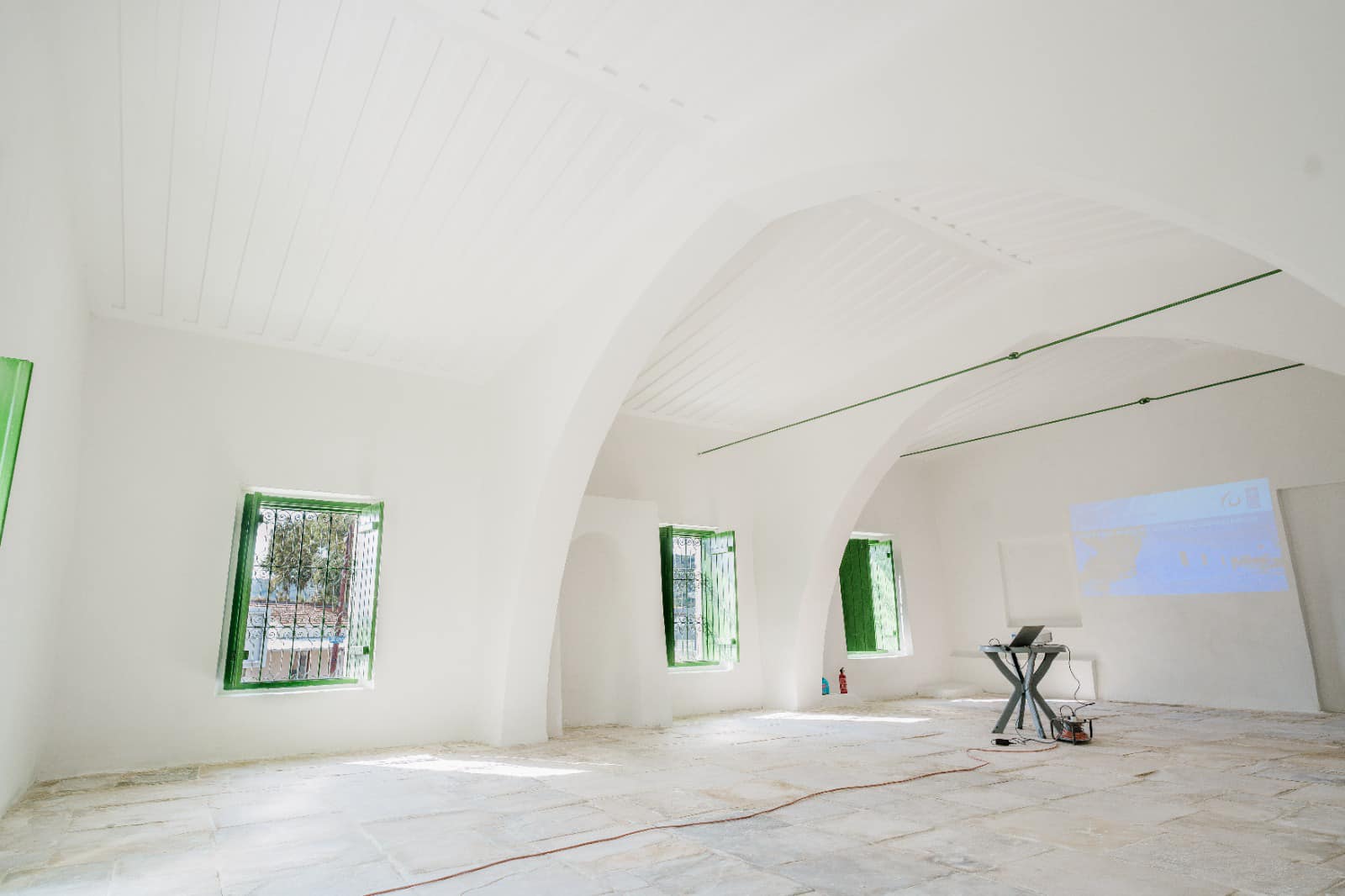






Click here to change your cookie preferences